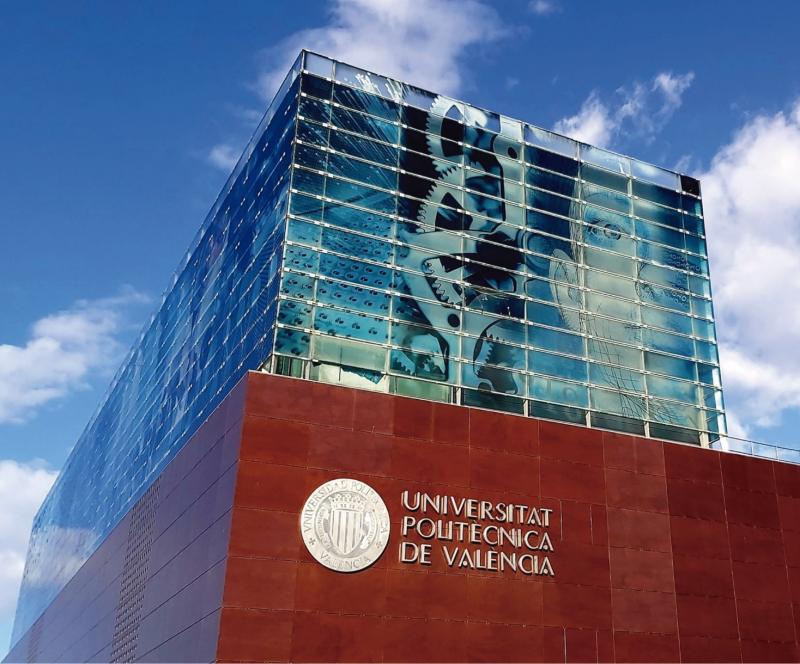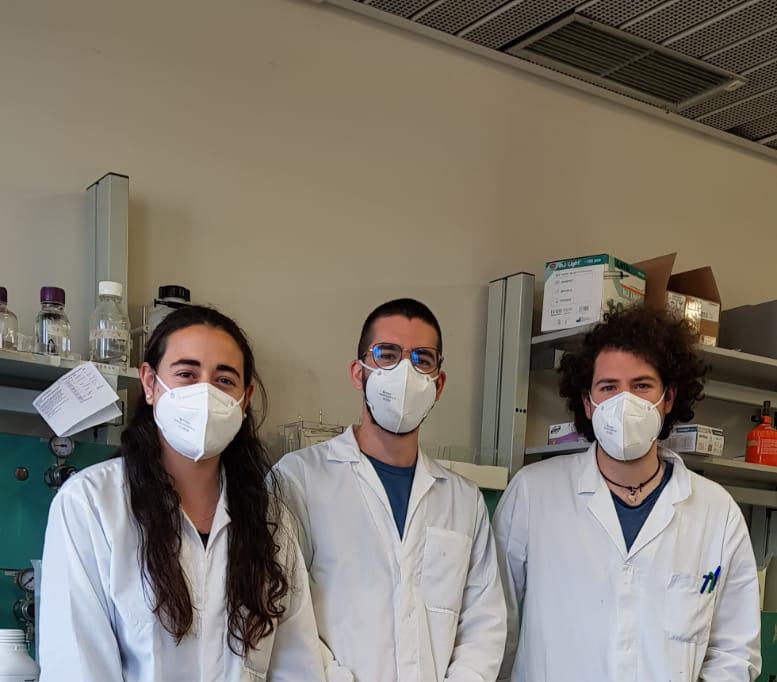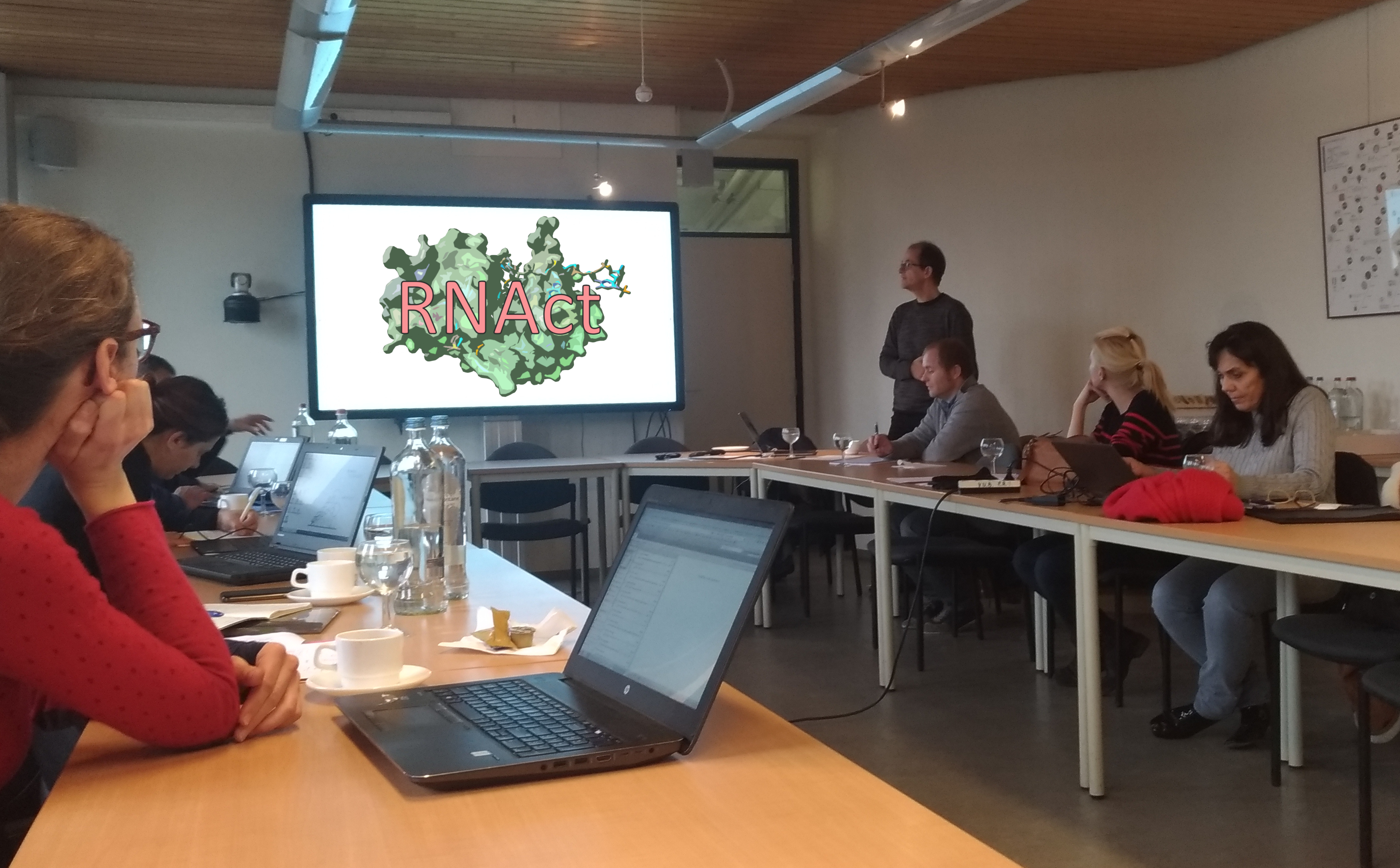
The international conference Tailoring RNA binding proteins and RNA targeting will be held in Valencia on 14th and 15th September 2022. The Conference intends to bring together experts in the field that cover the broad scope of RNAct, from RNA binding proteins to RNA and back.
The conferrence aims to be a platform for high-level discussions involving academic experts and scientists from the biotech and pharma industries, covering the interactions between RBPs and RNA, the (re-)design of RBPs, the mechanisms of RBP-mediated post-transcriptional regulation, and the industrial application of RNA targeting/binding, including the targeting of RNA/RBPs by small molecules, in fields such as bioanalytics and synthetic biology.
CALL FOR ABSTRACTS OPEN – The call for the international conference “Tailoring RNA binding proteins and RNA targeting” is now open for submissions. You can find more information at the following link: http://rnact.eu/FinalConference/#abstracts


